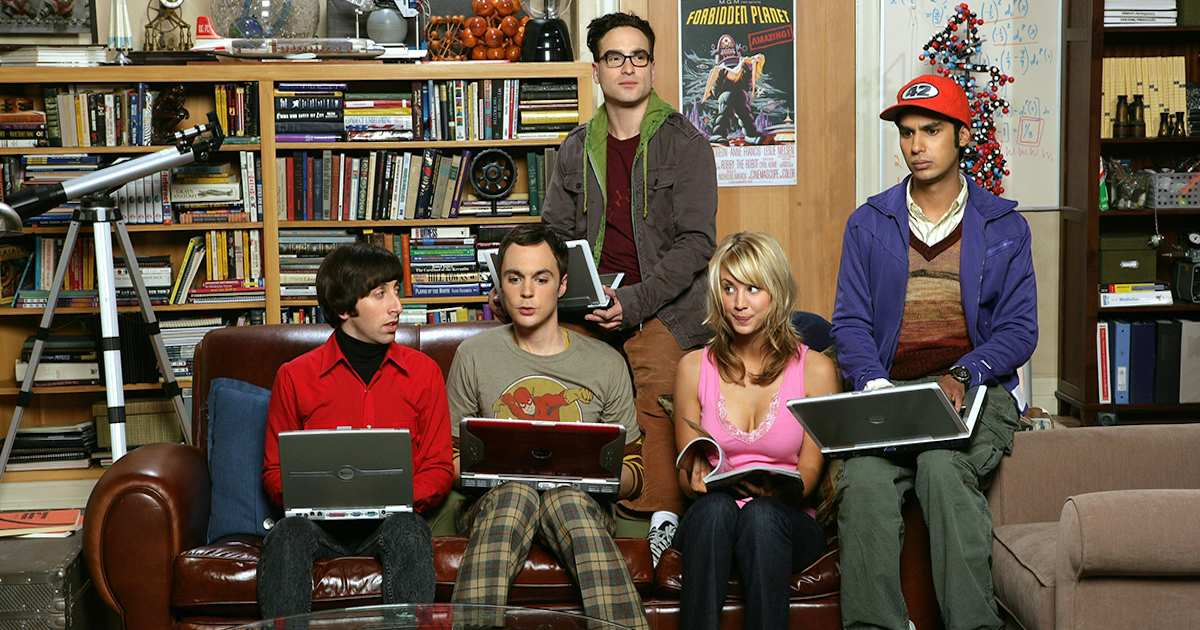
The sitcom that redefined modern geek culture
When The Big Bang Theory first aired in 2007, few expected it to become a cultural phenomenon. At a time when television was dominated by relationship dramas and workplace comedies, this series introduced a refreshing focus on science, comic books, and socially awkward geniuses. What followed was a 12-season run that transformed four eccentric scientists and their neighbor into household names.
Building connection through character growth
From awkward beginnings to emotional depth
The early seasons of the show leaned heavily on humor derived from the characters’ lack of social awareness — particularly Sheldon Cooper’s rigid personality and Leonard Hofstadter’s awkward romantic pursuits. However, as the show progressed, the writing deepened. Viewers saw real character growth: Sheldon learning empathy, Howard maturing through marriage and fatherhood, and Raj grappling with his insecurities.
The introduction of Amy and Bernadette
One of the smartest decisions the show made was expanding its female cast. Amy Farrah Fowler and Bernadette Rostenkowski added not only diversity to the core group but also complexity. Their presence allowed the show to explore relationships in new ways, providing both tension and humor, particularly in how Sheldon and Amy navigated their uniquely intellectual romance.
A celebration of fandom and intelligence

Bringing nerd culture to the mainstream
Long before it became trendy to be a fan of superheroes and science fiction, The Big Bang Theory celebrated it unapologetically. The characters played Dungeons & Dragons, argued over Star Wars versus Star Trek, and attended comic conventions. For many viewers, it was the first time television had reflected their interests so directly — and respectfully.
Making science accessible and funny
The series also took pride in showcasing science in a fun, accessible way. With consultation from real physicists and frequent references to theoretical concepts, it often sparked interest in STEM fields. While accuracy was sometimes sacrificed for humor, the spirit of scientific curiosity was always front and center.
Cultural influence and long-term impact
A sitcom with surprising emotional depth
What began as a lighthearted comedy grew into a series with genuine emotional arcs. Sheldon’s marriage proposal, Leonard and Penny’s evolving love story, and the group’s enduring friendship added layers of heart. The characters became more than caricatures — they became symbols of loyalty, perseverance, and personal growth.
The finale that brought closure
After twelve years, the series concluded in 2019 with a finale that honored its legacy. Sheldon and Amy won a Nobel Prize, Leonard and Penny found peace in unexpected parenthood, and the group remained united. It wasn’t a flashy ending, but a warm, human one — the kind that echoed the show’s gradual transition from quirky to deeply relatable.